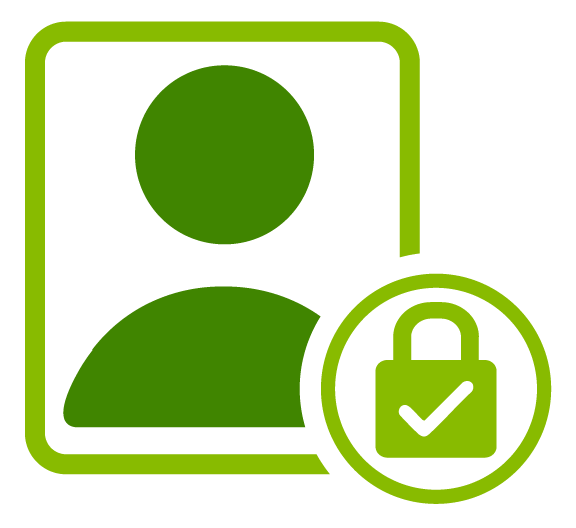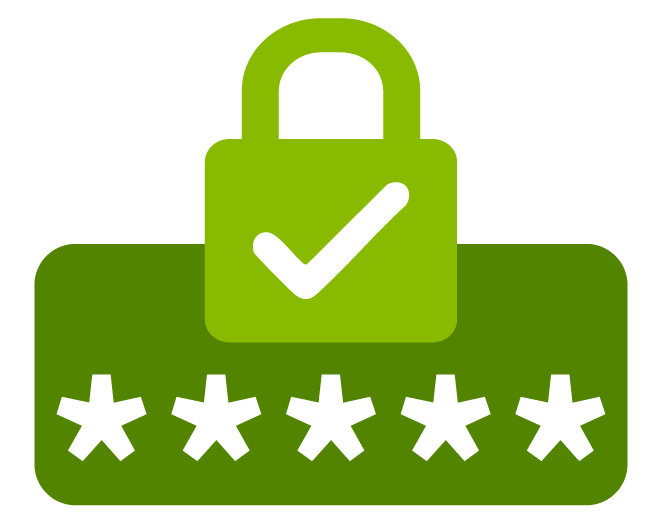Heading off to college is a momentous event. It’s a time of growth and independence for students and a reward for parents who see hard work paying off.
But it’s also a vulnerable time. And that’s why Jeff Taylor, Regions Bank’s head of Commercial Fraud Forensics, met with college-bound high school students at the recent Regions’ Extra Credit: College Life Money Skills.
According to the most recent statistics released by the FBI’s Internet Crime Complaint Center (IC3), Americans aged 20-under reported 18,000 criminal complaints in 2024. This represents losses of $22 million to crime. Expand the age range to 29, and the numbers rise further: 71,000 complaints and $540 million in losses.
And those numbers are only from crimes reported.
“Fraud and scams are not going away,” Taylor said. “We know people who have been victimized and we know how those things are occurring, so the best thing that we can do to protect our finances is understand these different fraud and attack vectors, how this happens and how we might be able to protect ourselves.”
The Extra Credit event brought in students and parents from a Birmingham metro high school to Regions’ Riverchase Operations Center for an hour-long presentation focusing on applying for college, student financial aid and budgeting for college. Meanwhile, high school students and their families in Georgia and Florida were able to attend the event remotely – and join in with questions – through a live webcast.
Taylor provided his version of four truths to remember when it comes to fraud.


Fraud Truth No. 1: Anyone Can Be a Victim
“Fraudsters don’t care at all about your age, your financial capability or your checking account balance,” Taylor said. “All they want to know is, how much money can I steal from this person?”
Taylor covered the methods scammers use, including payment fraud, text or phone scams, identity theft, social media scams and email compromise.
“One of these scams – or any combination of these scams – can be devastating to your finances and can actually be devastating to the finances of your parent or guardian if your accounts are tied to them,” Taylor said.
Remember, no one expects to become a victim.
“Most people think, ‘Oh gosh, I’m too young or I don’t have enough money, or I don’t live in an area that is someone is going to target,’” Taylor said. “It’s just not true. They care completely indiscriminate and don’t care about that at all.”
Criminals will take what they can get – money, personal information or data – because they do volume business. And a little fraud here can lead to bigger fraud down the road.

Fraud Truth No. 2: Protect Your Personal Data
Safeguard your information whenever possible.
“You never want to provide your Social security number without a valid reason,” Taylor said. “Make sure that you guard that information, carefully. Also make sure that you investigate any request for your personal information.
“Say someone calls you on the phone and leaves a voicemail and asks you to give them information. Don’t give it to them.”
Instead, ask yourself why they are asking.
“Make sure that you are validating that request and that that the person asking for that information is legitimate.”

Fraud Truth No. 3: Develop a Cyber-Secure Mindset
Use strong passwords or passphrases when you log into accounts. Never use the same password for multiple accounts – especially social media or banking, Taylor noted.
“Because, if your social media platform was ever compromised, then the fraudster has that information they need to potentially log into your online banking platform.”
Taylor pointed to news of national data leaks that dot the airwaves. That’s even more confirmation that you’ve got to do your best to lock down your info.
“When all that information is in the hands of the fraudsters, or when it’s for sale on the dark web, they’ll use that information to try to create a synthetic identity or to pose as you in in applications for credit cards,” Taylor said.
Credit checks can help you keep track of new accounts. But a little caution in public goes a long way.
“Be cautious when you are using unsecured Wi-Fi,” Taylor said. “How often do we go to a coffee shop and see a pop up on our device and then just touch the button to connect to their Wi-Fi?”
Before you do that, “make sure the Wi-Fi you’re using is legitimate and secured with a password.”
Leaving for college is exciting enough without becoming a fraud victim. So, when you get there, have fun. Buckle down. Keep in mind what information you share. And remember …

Fraud Truth No. 4: If it’s Too Good to Be True …
“The best deals aren’t always the best deals,” Taylor said.
Instead, look for the trusted source – whether buying books and school supplies from a reputable vendor or leasing housing through a trusted rental company. Even be cautious when getting gas. Taylor said to beware of skimming devices. For instance, they’re most often located on pumps furthest from the cashier, so they’re not easily spotted.
“Fraud’s not going away anytime soon,” Taylor said. “It’s always going to be in your best interest to protect your finances by being aware of these situations and understanding how you can protect yourself.”
Additional Resources from Regions.com
Related Articles from Doing More Today
The information presented is general in nature and should not be considered, legal, accounting or tax advice. Regions reminds its customers that they should be vigilant about fraud and security and that they are responsible for taking action to protect their computer systems. Fraud prevention requires a continuous review of your policies and practices, as the threat evolves daily. There is no guarantee that all fraudulent transactions will be prevented or that related financial losses will not occur. Visit regions.com/STOPFRAUD or speak with your Banker for further information on how you can help prevent fraud.